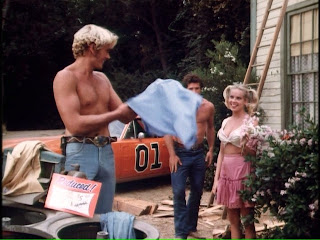Football: King Moves In For Mac
Apple removed several years' worth of Macs from the list of supported systems when it unveiled macOS 10.14, aka 'Mojave,' earlier this month. As the Cupertino, Calif. Company has done before, its two-year cycle scratched out Macs that had been able to run the immediate predecessor, macOS High Sierra. Apple's odd-even cadence has alternately retained the prior year's models (odd-numbered years, odd-numbered editions) and dropped models (even-numbered years, even-numbered editions). In 2016, for instance, from support. Last year, High Sierra (10.13) stuck with the same models as Sierra. Apple has not published an actual list of Mojave-works Macs, but when it rolled out the developer beta two weeks ago, the company said macOS 10.14 is 'for Macs introduced in mid-2012 or later, plus 2010 and 2012 Mac Pro models with recommended Metal-capable graphics cards.'
That short sentence rubbed out all Macs introduced in 2009, 2010 and 2011, leaving these on the Mojave approved list:. MacBook Air; mid-2012 (6/2012) and later MacBook;. early-2015 (4/2015) and later MacBook Pro;. mid-2012 (6/2012) and later MacBook Pro with Retina, 15-in.
Model;. mid-2012 (6/2012) and later MacBook Pro with Retina, 13-in. Model;. late-2012 (10/2012) and later iMac;. late 2012 (10/2012) and later iMac Pro;.
2017 (12/2017) and later Mac Mini;. late-2012 (10/2012) and later Mac Pro;. late 2013 (12/2013) and later, mid-2010 (8/2010) with Metal-capable GPU, mid-2012 (6/2012) with Metal-capable GPU. The revamped requirements dropped Macs that were up to nine years old, including MacBook models sold between October 2009 and July 2011, and MacBook Air machines sold between October 2010 and June 2012.
Those older systems were supported by High Sierra at its debut last year and can continue to run that edition even though they cannot upgrade to Mojave. They will receive macOS 10.13 security updates through the summer of 2020. MacOS Mojave will be offered as a free download from the Mac App Store when it launches this fall, most likely in September.

. SECTIONS.
Search →. News. Columns. Sports. Columns.

UK Sports. Columns.
Hex to int to hex conversion for mac. The most common notations are hexadecimal notation and bit-reversed notation, both of which format the MAC address in 6 groups of 2 hexadecimal digits. EUI-48 IEEE global identifier standard that is associated with 48-bit MAC addresses.
Politics. Entertainment. Blogs. News Blogs. Sports Blogs. Entertainment Blogs.
Opinion. Living. Obituaries. Customer Service. Site Information. Mobile.

Football King Moves In For Mac
Social. Local Deals. Classifieds.